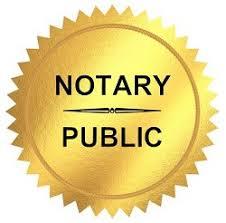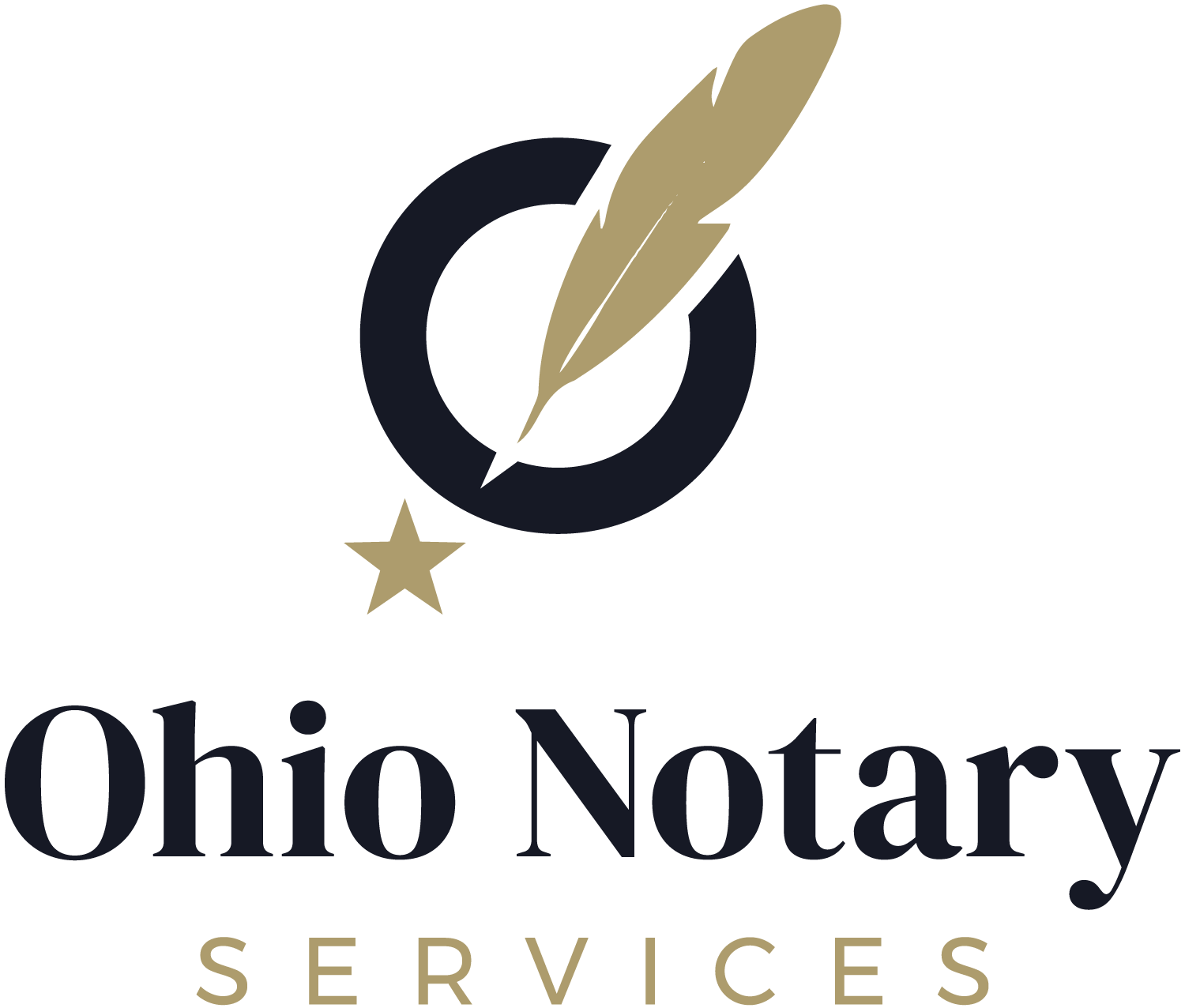Taking Care Of Deceased Estate Matters: Advice Through Legal Procedures
Taking Care Of Deceased Estate Matters: Advice Through Legal Procedures
Blog Article
Debunking Notarial Work: Streamlining the Role and Significance of Notaries
In the complex internet of legal documentation and verification, notaries stand as columns of guarantee and credibility. Their duty, frequently shrouded in secret for lots of, lugs substantial weight in ensuring the credibility and stability of vital files. As guardians of validity and fact, notaries play a pivotal part in our society, yet their work is not always completely recognized. By unwinding the intricacies shedding and bordering notarial techniques light on the importance of their acts, a clearer understanding emerges of the vital role notaries play in upholding the fabric of legal and contractual arrangements.
The Background of Notarial Work
The history of notarial job days back to ancient civilizations, where scribes played an essential duty in recording vital details and validating records. This led to the advancement of notaries, people appointed by the state to act as unbiased witnesses in legal issues.
Throughout the Middle Ages, notaries acquired importance in Europe, with their features expanding to include preparing legal records, accrediting signatures, and preserving documents. The rise of worldwide profession better highlighted the significance of notarial job in verifying contracts and arrangements across boundaries.
In the contemporary era, notaries remain to play a crucial function in lawful and service purchases by validating identifications, validating the credibility of documents, and avoiding scams. Their function in certifying the validity of agreements adds a layer of security and count on to the ever-evolving landscape of commerce and regulation.

Duties and Duties of Notaries
Notaries play an essential function in validating the authenticity of records and the identity of notaries. One of their key obligations is to witness the finalizing of important papers, such as agreements, wills, and deeds, to make sure that all parties are entering into arrangements knowingly and willingly.
They accredit copies of original documents, offering assurance to institutions that the copies are true reproductions of the originals. On the whole, the duties and duties of notaries are important in protecting the integrity and legality of numerous records and deals - DIRCO.
Notarial Certificates and Signatures
Exhibiting careful interest to detail, notarial certifications and trademarks act as necessary elements in verifying the authenticity of lawful files. Notarial certificates generally contain crucial details such as the day of notarization, the names of the signatories, a description of the document, and the notary's main seal. These certificates offer a clear record of the notarial act, ensuring that the record can be find out here quickly identified and mapped back to the notary who oversaw the procedure.
Signatures play a crucial function in notarial work, as they symbolize the contract and consent of the celebrations involved. Notaries meticulously witness the finalizing of records to validate the identification of the notaries and confirm that they are authorizing anonymous of their own cost-free will. By attaching their main seal and signature to the record, notaries accredit that the essential procedures have actually been followed and that the file is legitimate and enforceable.
Fundamentally, notarial certificates and signatures are the characteristic of authenticity in legal purchases, providing assurance to all events involved that the files are reputable and binding.
Significance of Notarial Acts

Registration Refine Explained
Discussing the notarization process offers clarity on the vital actions included in verifying legal files. The notarization process generally begins with the individual presenting the record to a notary public. The notary after that confirms the signer's identity through appropriate recognition techniques. Once the identity is validated, the notary makes certain that the specific authorizing the record does so voluntarily and with no browbeating.

Conclusion
:max_bytes(150000):strip_icc()/GettyImages-598314157-cb6389c9e28f4c1aaf002263febab019.jpg)
Notarial certificates typically include critical details such as the date of notarization, the names of the signatories, a description of the paper, and the notary's main seal. These certificates offer a clear document of the notarial act, making certain that the file can be quickly recognized and mapped back to the notary that managed the procedure.
By fastening their main seal and signature to the document, notaries accredit that the necessary procedures have been complied with and that the paper is legitimate and enforceable.
By verifying the identification of the notaries, verifying their readiness to enter right into the arrangement, and licensing the day and place of the finalizing, notaries play a vital function in promoting the legitimacy of lawful files.After the file is signed, the notary will fasten their main seal or stamp onto the record.
Report this page